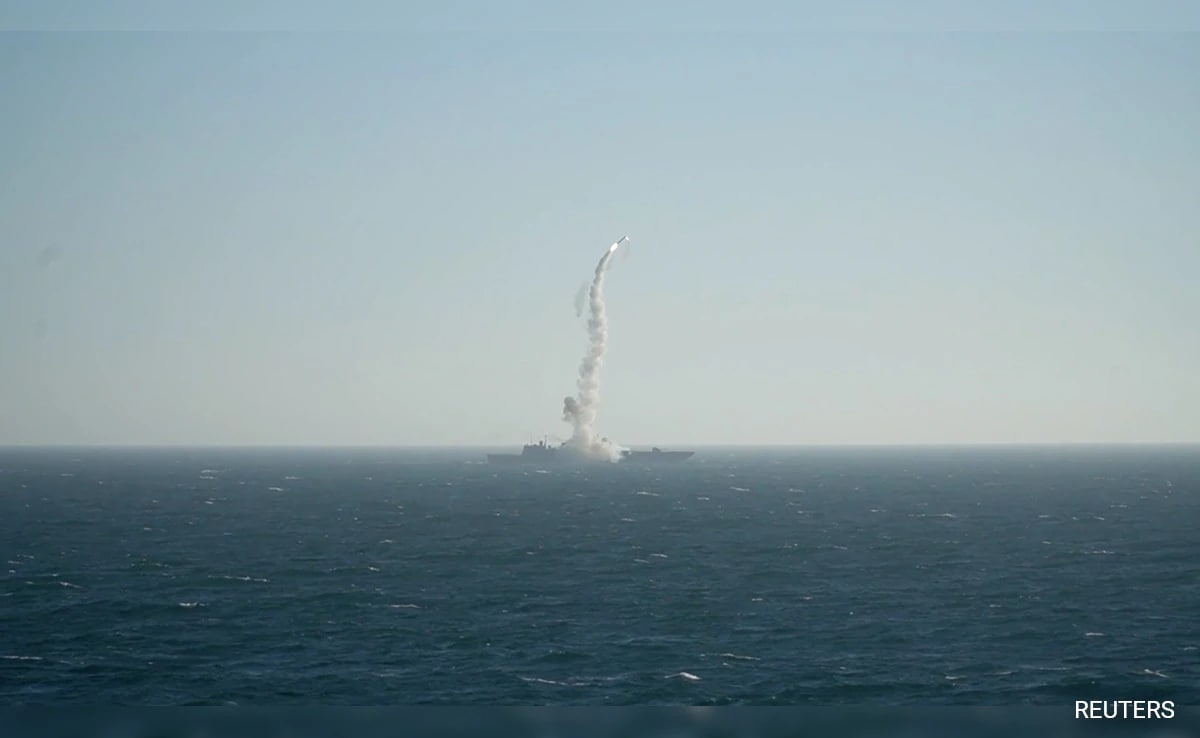There were no further details on the deal announced during the visit nor immediate comment from the UAE. But during Dubaiâs weeklong aviation trade show last November, the Emirati Ministry of Defense tweeted it planned to acquire South Koreaâs M-SAM, an advanced air defense system designed to intercept missiles at altitudes below 40 kilometers (25 miles), saying it would âconstitute a qualitative addition to the capabilities of the national air defense.â
Sheikh Mohammed posted photos of the meeting and said the UAE seeks âa comprehensive strategic economic partnershipâ with South Korea, one of the worldâs top crude importers and financiers of energy projects.
The nations have strengthened their defense cooperation over the past decade, with South Korean elite special forces even traveling to the UAE to train Emirati troops in an unprecedented years-long deployment for the Asian country.
Meanwhile, the UAE has hosted hundreds of North Korean laborers in past years who provide a key revenue stream for Pyongyang. But under pressure to enforce U.S.-led sanctions over North Koreaâs nuclear program, Abu Dhabi has recently moved to choke off the network and stopped renewing North Korean work visas.
From Dubaiâs Expo 2020, where South Korea boasts a sprawling pavilion to showcase the countryâs high-tech and cultural achievements, President Moon praised the worldâs fair and pledged the countries will âtranscend generations and national borders to build back together and leap forward together.â
President Moon landed in the regional financial hub of Dubai on Saturday, and was greeted by UAE Energy Minister Suhail al-Mazrouei. The oil and gas-dependent South Korea imports fossil fuels from the Persian Gulf, including from oil-rich Abu Dhabi, to power its energy-intensive economy, dominated by manufacturing industries from cars to petrochemicals.
The UAE represents 8% of Seoulâs oil imports, according to 2019 data from the U.S. Energy Information Administration.
Not only does Seoul buy Emirati oil, but South Korean firms have participated in the development of Emirati oil fields to boost the Asian countryâs self sufficiency and, significantly, have built the UAEâs Barakah nuclear power plant â the first on the Arabian Peninsula.
The group of four reactors at Barakah in Abu Dhabiâs far western desert, which marked the Korea Electric Power Corporationâs first international deal, are gradually coming online. As the UAE seeks to decrease its reliance on fossil fuels and diversify away from oil, it plans to draw a quarter of its electricity from the $20 billion reactors.
During the South Korean trade ministerâs trip to the UAE late last year, the countries also began negotiations on a new bilateral trade deal, including agreements to develop sources of clean power. On Monday, Moon met with an Emirati business delegation about clean-burning hydrogen fuel, his press office said.
The Abu Dhabi National Oil Company has sharpened its focus on hydrogen in recent months, building facilities to produce large volumes of the fuel and shipping so-called blue ammonia to Japan.
âCarbon neutrality is obviously a difficult process, but if the two nations promote the hydrogen industry through solidarity and cooperation, they will have new opportunities,â Yonhap news agency quoted Moon as telling a business forum in Dubai, adding that Seoul has helped the UAE develop a hydrogen-powered public transport system.
A different South Korean export takes center stage later Sunday at Expo, as star K-pop bands including Psy, of the hit song âGangnam Style,â will perform catchy songs and dynamic dance moves to frenetic fans that braved rare desert rain to line up since early morning.
.png)











 English (United States) ·
English (United States) ·  Turkish (Turkey) ·
Turkish (Turkey) ·